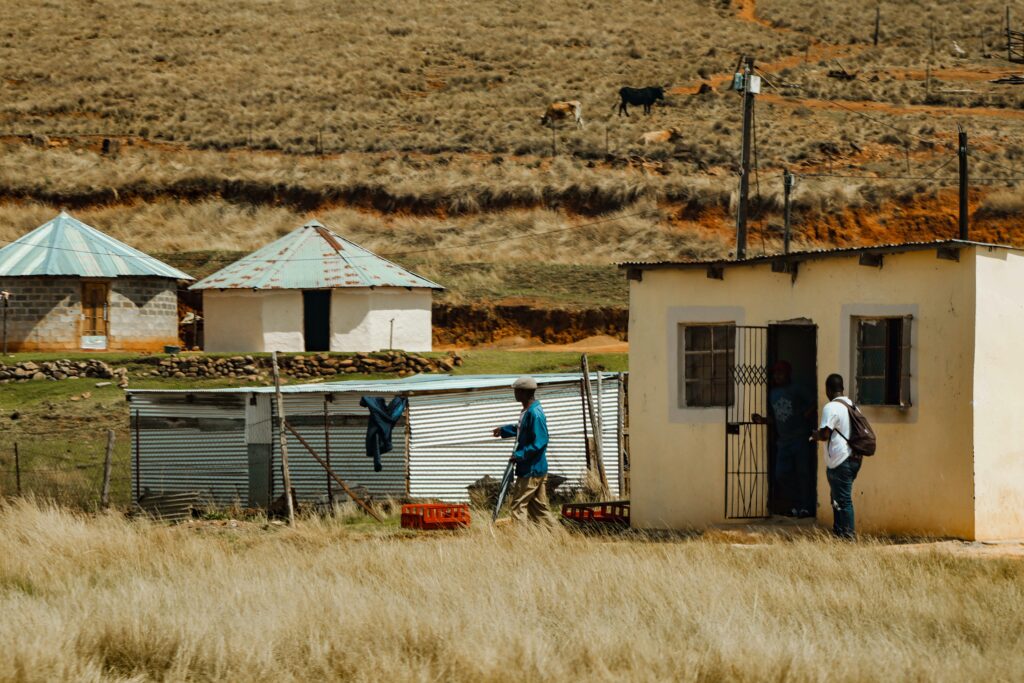Despite its high energy intensity, crypto supporters claim Bitcoin mining can have a positive environmental effect. One project in Kenya shows how it might change the lives of rural communities

Practical use cases for crypto and its mining technology continue to emerge in Africa. Source: unsplash.com
A hydro-powered crypto mining project Gridless Compute shared the first results of their efforts to bring energy developments to rural communities via Bitcoin technology.
Gridless works with renewable, rural, mini-grid energy generators in Africa. The company monetizes the full capacity of their output as a buyer of last resort, serving as an anchor tenant for new energy generation creation.
Now, their hydro-power BTC mining rigs are powering an entire rural settlement in Kenya. Gridless claims it has lowered energy rates for 2,000 people, the equivalent of 500 families. According to their calculations, costs have decreased from $10 per month to $4.
The project has recently had a successful $2 million funding round led by VC Stillmark and Blocks. The funds will be used to expand the range of BTC mines across African markets while targeting rural communities for accessible energy.
Erik Hersman, the CEO of Gridless, said Africa has great opportunities to diversify mining in terms of renewable energy. As power providers invest in hydro facilities in remote regions, they are able to monetize the stranded energy that previously made these deployments uneconomical.
SEE ALSO:
Bitcoin miners seek profitability through consolidation: Crusoe acquires peer mining firm
Bitcoin mining can solve the global energy crisis: here’s how









